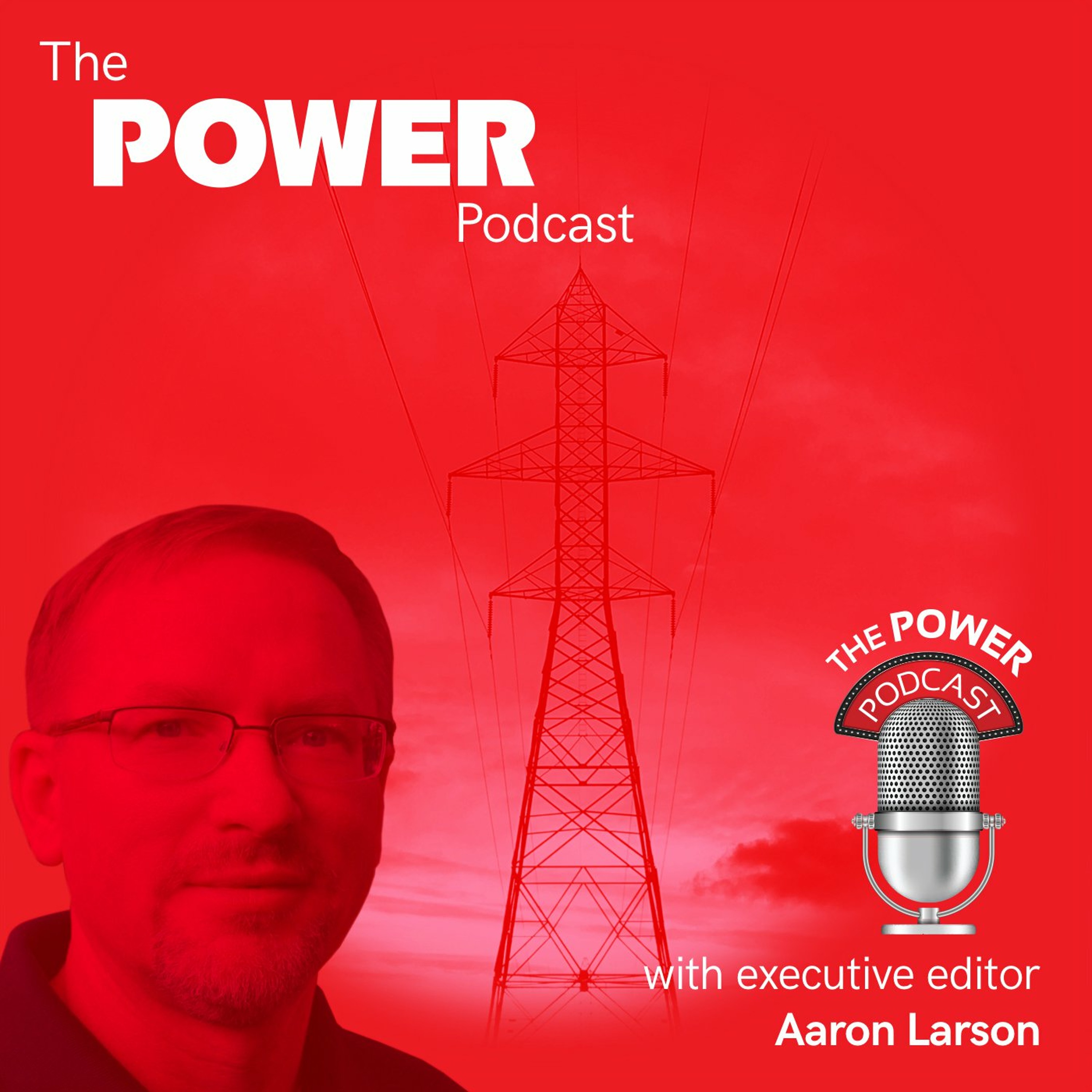
154. Hydrogen: ‘The Swiss Army Knife of Decarbonization’
The POWER Podcast
Shownotes Transcript
It seems everywhere you go, both inside and outside of the power industry, people are talking about hydrogen. Last October, the U.S. Department of Energy (DOE) announced an investment of $7 billion to launch seven Regional Clean Hydrogen Hubs (H2Hubs) across the nation and accelerate the commercial-scale deployment of “low-cost, clean hydrogen.” Hydrogen is undoubtedly a valuable energy product that can be produced with zero or near-zero carbon emissions using renewable energy and electrolyzers. The Biden administration says it “is crucial to meeting the President’s climate and energy security goals.” “Hydrogen is one of the hottest topics in the energy transition conversation right now, and that’s because it really is a super versatile energy carrier. A lot of folks refer to it as ‘the Swiss Army knife of decarbonization,’ including our founder, Mr. Gates,” Robin Millican, senior director of U.S. Policy and Advocacy at Breakthrough Energy, said as a guest on The POWER Podcast. Breakthrough Energy is a network of entities and initiatives founded by Bill Gates, which include investment funds, philanthropic programs, and policy efforts linked by a common commitment to scale the technologies needed to achieve a path to net-zero emissions by 2050. “If you think about the ways that you can use hydrogen, you can use it as a feedstock for industrial materials, you can combine it with CO2 to make electrofuels [also known as e-fuels], you can use it for grid balancing if you’re storing it and then deploying that hydrogen when it’s needed, so it can be used a lot of different ways, which is great,” Millican said. “But actually, to us, the more salient question that we should be asking ourselves is: you can use hydrogen in a lot of these different ways, but should you be using hydrogen in all of those different applications?” Millican said there’s a simple framework that she uses to answer that question. “If there’s a way that you can electrify a process, in almost all cases, that’s going to be cheaper and more efficient from an energy conversion standpoint than using hydrogen,” she said. Millican suggested electrification is a better option than hydrogen for most building and light-duty transportation applications. While noting that hydrogen could be a suitable option for aviation e-fuels, she said biofuels might be an even better fit. However, when it comes to fertilizers and ammonia, clean hydrogen is very likely the best pathway to reducing emissions in that particular sector, she said. Breakthrough Energy isn’t the first group to think about hydrogen in this way. Millican noted that Michael Liebreich’s “Hydrogen Ladder” has been focusing on the best possible uses for hydrogen for years. According to Liebreich, hydrogen shouldn’t routinely be used in power systems to generate power because the cycle losses—going from power to green hydrogen, storing it, moving it around, and then using it to generate electricity—are too large. However, he says, “The standout use for clean hydrogen here is for long-term storage.” Yet, Millican said there is a scenario where hydrogen could be extremely affordable at scale. She said “geologic hydrogen” is something Breakthrough Energy is very interested in. “There are companies out there that are working on identifying where hydrogen exists naturally in the subsurface, and then trying to extract that hydrogen, which could be super affordable, because again, it’s abundant in some areas,” she explained. “If we’re thinking about hydrogen in that scenario, we might want to use it a lot more ubiquitously.”